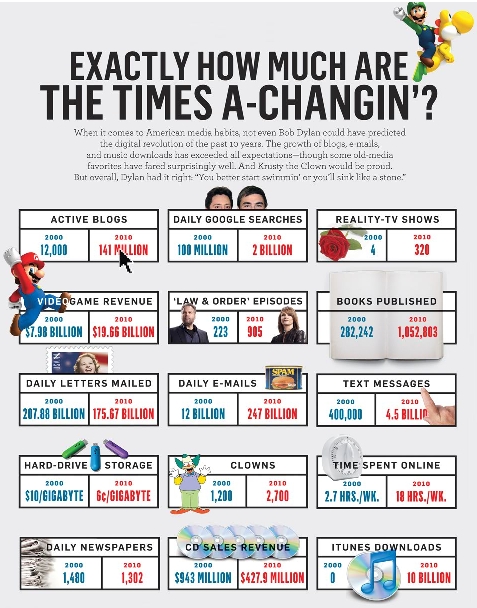I am going to be very presumptuous and put forth a possible solution to the OCLC situation.
Ready?
Divide OCLC in two.
One entity, which we will call OCLC.org (just to keep from having to make up some name for one of them) will encompass the bibliographic collective of thousands of libraries worldwide.
Membership fees will be the primary source of income for this non-profit organization. They will serve as a repository of bibliographic records and collective resources available to members at minimal or no cost. Minimal would mean the amount needed to recoup the expense to provide whatever services. OCLC.org would truly be a non-profit organization.
OCLC.org could be governed by a board made up of member library representatives, voted in by general election. It could hold conventions every few years to debate the charter and map the future of the collective.
The bibliographic records contained in the WorldCat database would be licensed with minimal restrictions, primarily to ensure that more restrictive licensing could not be imposed upon them by others. A license such as the Creative Commons ShareAlike could be a starting point for discussion.
Recognizing that the data contained within the records is part of the Public Domain would encourage the organization to search for funding models that didn’t include paying piecemeal for records.
A means of searching, adding, editing, and retrieving records would need to be maintained, but cataloging services and software would be outside the scope of the organization. Software such as xISBN and xISSN would be a good fit for the database, especially since the complete WorldCat API would be open and available to all, and services like these would add to the value of the collection.
An OPAC-like interface such as WorldCat.org may, or perhaps may not, be necessary. What better demonstration for search tools than to use WorldCat as an online data set?
Limits to the information and services (as in number of hits per day for non-members using the API) will be to preserve ease of access for all members and to encourage continual improvements in the quality of the information contained in WorldCat.
And now for the other entity, which we will call OCLC.com. This entity would include most of the products and many of the services that OCLC offers: WorldCat Local, CatExpress, ILLiad, Resource Sharing, FirstSearch, ContentDM, and the highly-acclaimed Web Scale Managment Services.
Most any of these could individually form the basis of a library vendor’s business. With all of them, OCLC.com would be a major power in the library world. And they wouldn’t have to compete with OCLC.org, because one would have the data, and the other would have the software.
And access to that data would be open. For all.
In other words, OCLC.com would have to compete with any entity that wanted to leverage the data held by OCLC.org, including SkyRiver, LibraryThing, and OpenLibrary, and all the other companies that would begin to create software and services to do things with this incredible trove of bibliographic information.
And libraries, as well as booksellers, could compete in an open market for their bibliographic services and software. They could go open or closed source, with pricing that better reflects the actual services provided, rather than paying for access to a closed silo of data.
OCLC.com could remain private, or incorporate. Either way, it would pay taxes and be free to conduct business with libraries and other organizations.
Overall, this makes a great deal of sense to me. Creating two entities, one for the wealth of collective data, and the other with the wealth of products and services to leverage the data, would strengthen the role of each entity, and strengthen the position of member libraries worldwide.
OCLC as it currently exists wouldn’t take this step. I suspect that they feel that their strength lies in possessing both elements of the equation (information and access tools), and to relinquish either would be anathema. I wonder if they realize just how much long-term vulnerability they really have if they don’t address the increasingly divergent needs of these two aspects of their organization.
Does all this mean that I think OCLC is a monopoly? Yes, in some ways they have been acting as a monopoly. In many ways they have been benevolent, but in other ways there seems to be a sense of insecurity and a need for full control in the actions they take.
I cannot speak to the legal case that has been initiated, however… I don’t have any predictions as to how that will turn out. This post derives from my view of the culture that OCLC and libraries reside within: Libraryland, if you will.
I really do want OCLC to succeed, just as I want libraries to thrive and prosper. I have met quite a few people who are current or former employees of OCLC, and they have all impressed me with their competence and enthusiasm.
Punitive action against OCLC is not the answer; finding the right balance for the different aspects of the organization is the answer. And at this moment, the two-OCLC solution seems to me the best path for all concerned.


